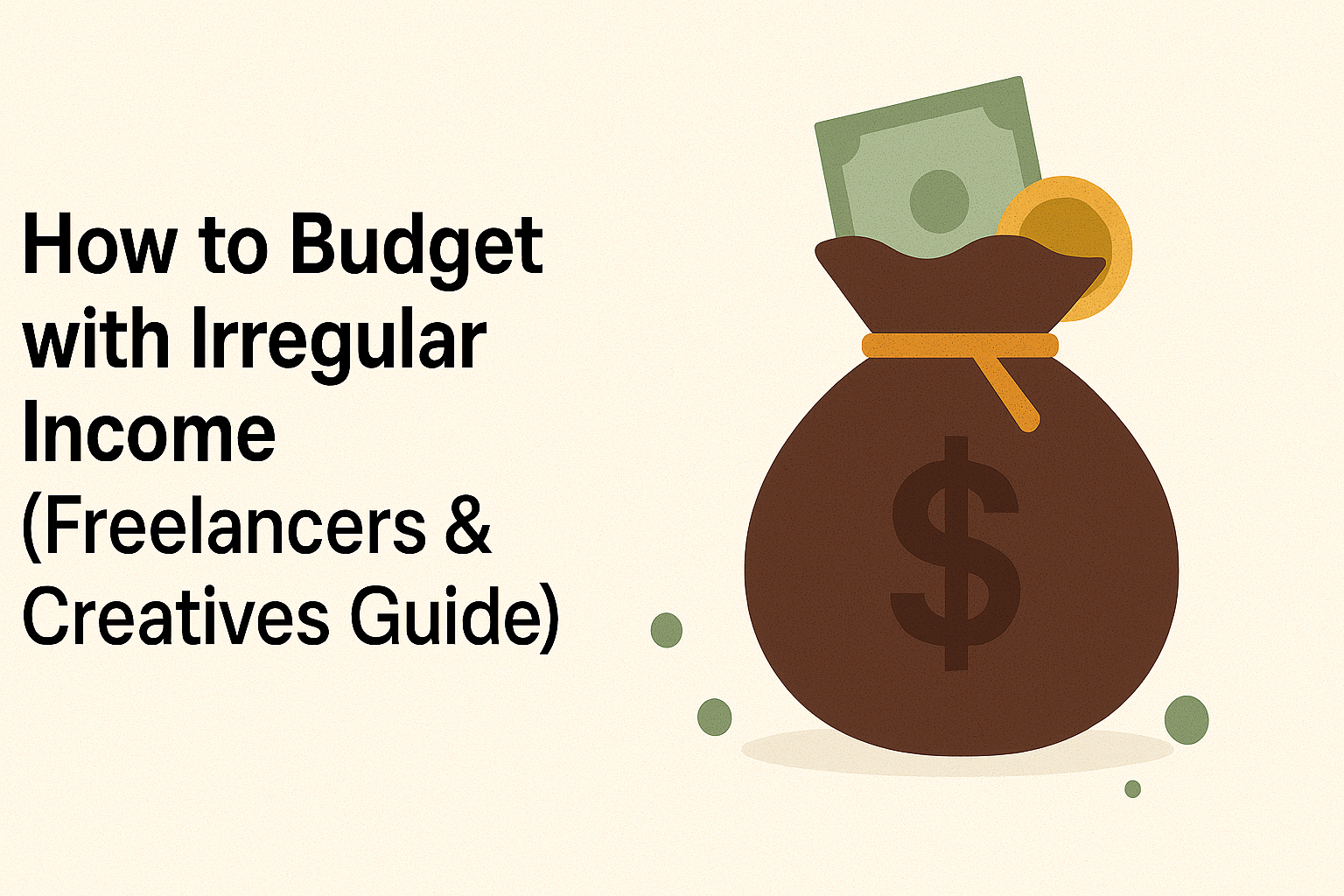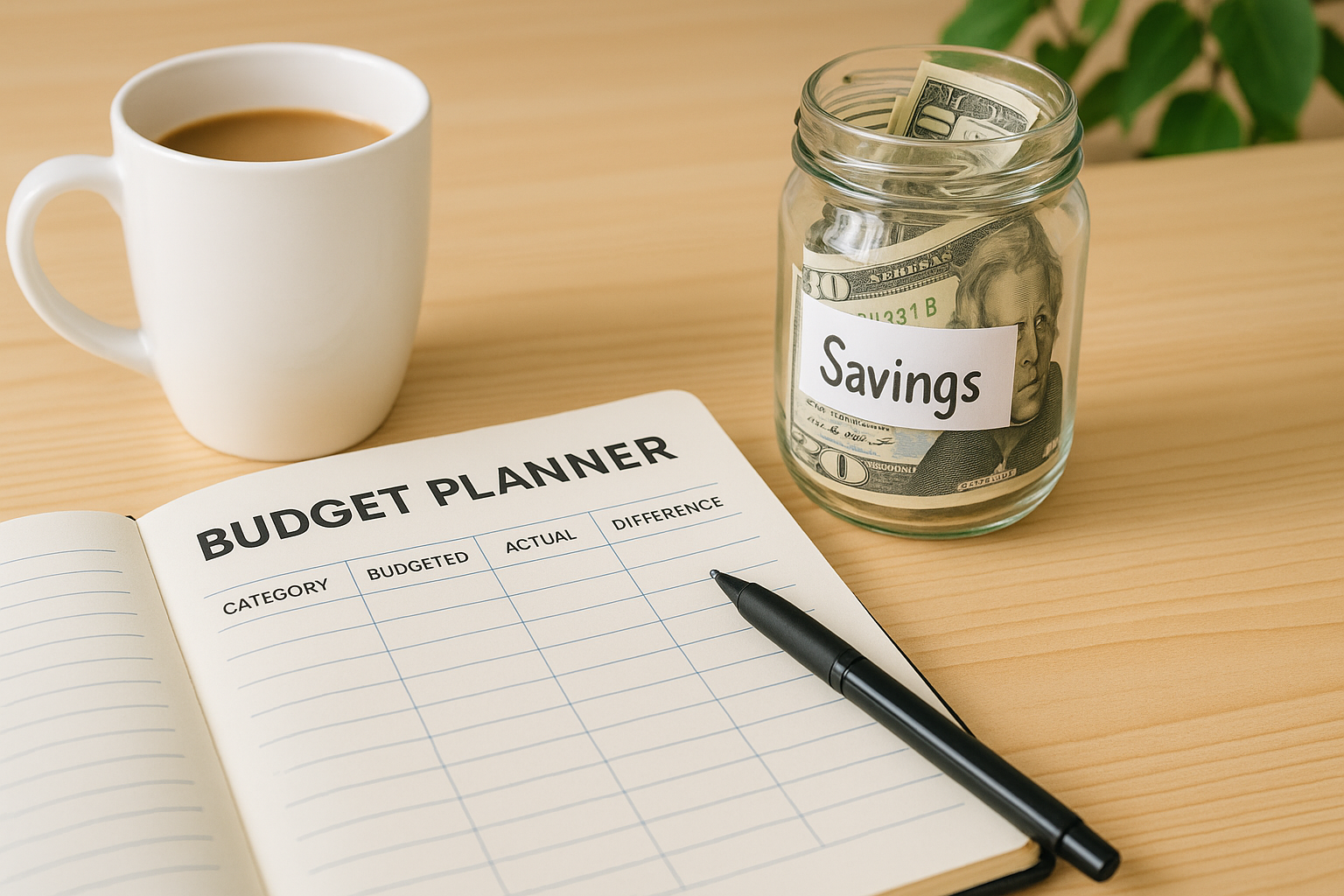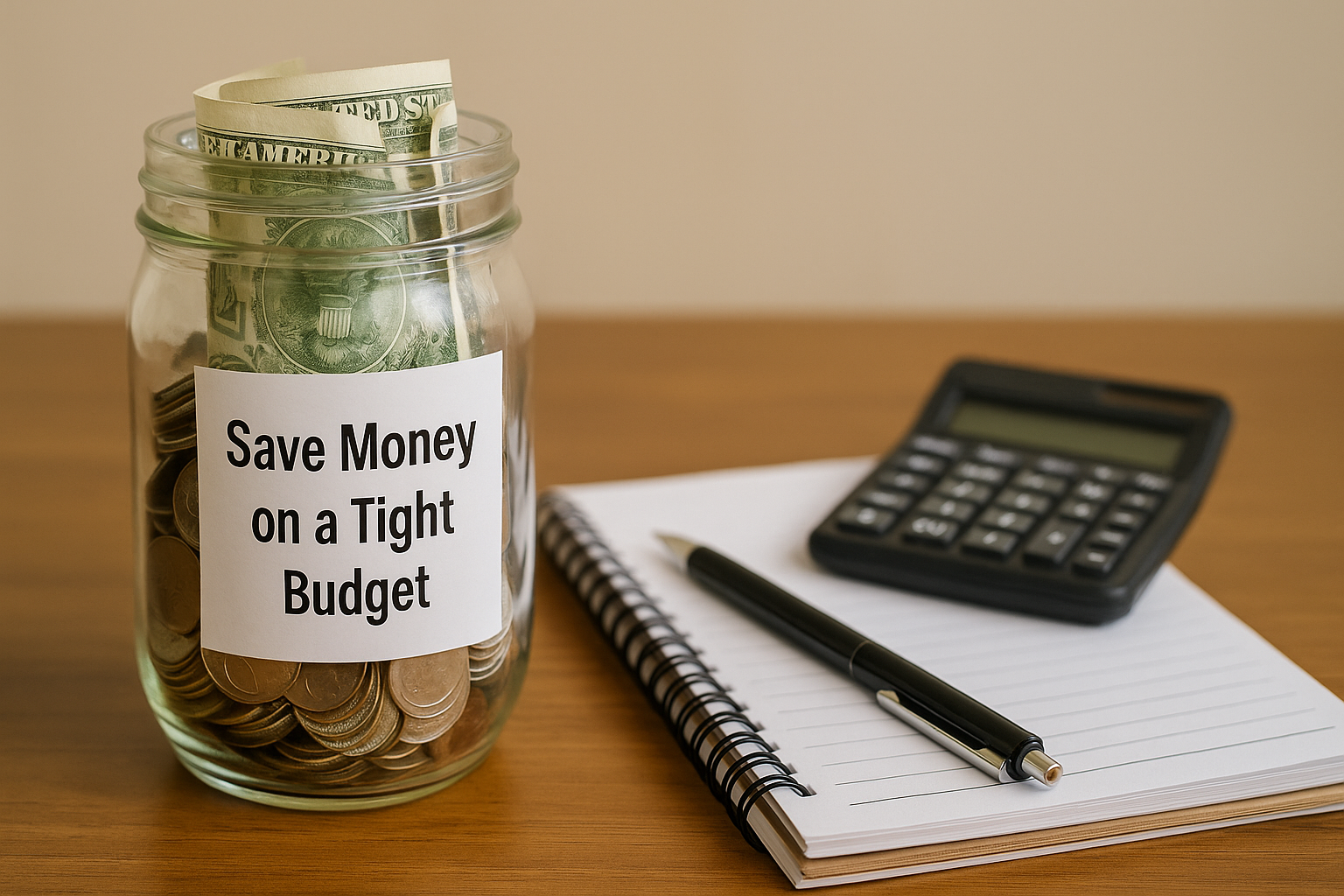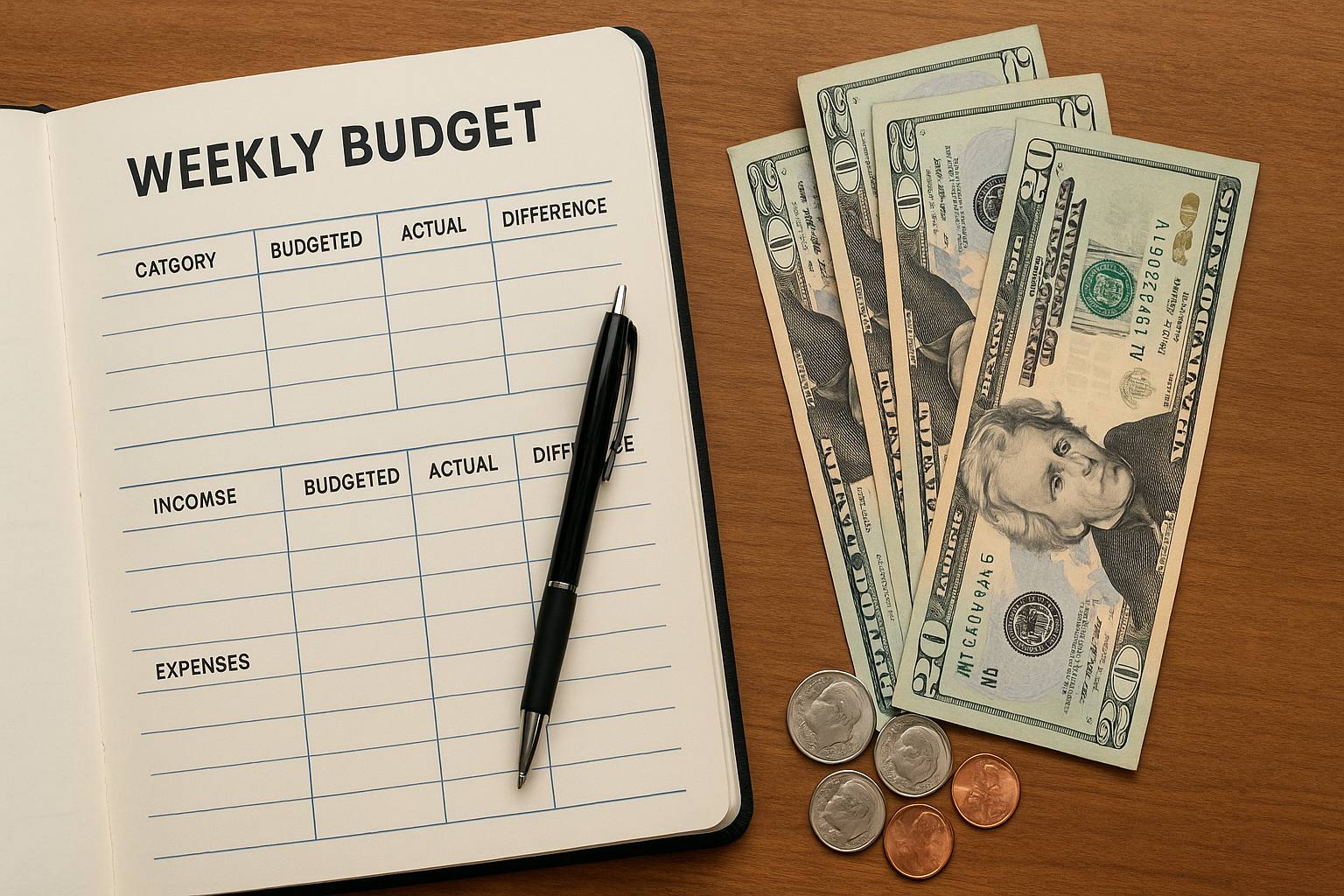As a freelancer or creative, you probably know the struggle of budgeting with irregular income. Some months, you may be rolling in cash, while other months, you’re scraping by. The unpredictability can make it difficult to plan for long-term goals, pay bills on time, or save for an emergency fund.
But the good news is that budgeting with irregular income is possible—and it doesn’t have to be stressful. By using the right strategies, you can create a flexible budget that works for you, no matter what your income looks like from month to month. Here’s how to do it.
1. Understand Your Income Flow
The first step in budgeting with irregular income is to understand your income flow. Do you have months where you earn significantly more, and other months where you barely earn anything? Or is your income generally stable but fluctuates by a few hundred dollars?
By reviewing your past few months of earnings, you’ll get a clearer picture of your income trends. This insight will help you make smarter financial decisions and plan accordingly.
2. Set Up a “Minimum Income” Budget
Instead of budgeting based on your highest-earning month, create a minimum income budget. Look at the lowest month of income over the past 6-12 months and use that as your baseline for budgeting. This way, you’ll be prepared for the lean months, and any extra money earned in a high-income month can go toward savings or paying off debt.
For example, if your lowest month’s income is $2,000, then create a budget as if you only made that amount every month. If you earn more, you can allocate the extra money toward your financial goals.
3. Prioritize Fixed Expenses First
When income is unpredictable, it’s important to prioritize your fixed expenses. These are the bills that don’t change from month to month, such as:
-
Rent/mortgage
-
Utilities
-
Insurance payments
-
Loan payments
Pay these first, and treat them as your non-negotiable expenses. If you have leftover money, you can then focus on other variable expenses, like food, transportation, and entertainment.
4. Use the “Profit First” Method
One popular strategy for managing irregular income is the “Profit First” method. It’s a system used by many freelancers and business owners to ensure that you pay yourself first before covering other expenses.
Here’s how it works:
-
Set up separate accounts for different spending categories (e.g., personal expenses, business expenses, savings, taxes).
-
Whenever you get paid, divide your income into these accounts based on predetermined percentages (e.g., 50% for personal expenses, 20% for savings, and 30% for taxes).
-
Stick to the set percentages each time you earn money to ensure that you prioritize savings and business needs.
This method helps you save consistently and ensures you’re prepared for both regular expenses and taxes.
5. Build an Emergency Fund
For freelancers and creatives, an emergency fund is essential. Since income is often unpredictable, having a safety net of 3-6 months of living expenses can help you get through dry spells without the stress of not being able to pay your bills.
Start by setting aside a small portion of your income each month—whether you earn $1,000 or $5,000—until you build up your emergency fund. Having this cushion will provide peace of mind and reduce financial anxiety when income slows down.
6. Track Your Spending and Adjust Regularly
When your income fluctuates, it’s important to track your spending regularly. Use a budgeting app like Mint, You Need A Budget (YNAB), or GoodBudget to keep track of your expenses. This will help you identify areas where you can cut back if necessary, especially during lower-income months.
By reviewing your expenses each week or month, you can make adjustments and ensure that you’re not overspending during the months when your income is higher. If you notice that you’ve been consistently overspending in certain categories, now’s the time to adjust and find ways to save.
7. Plan for Taxes
As a freelancer or creative, you are responsible for paying your own taxes. This means you need to set aside money from each paycheck to cover your tax bill at the end of the year. If you’re not already doing this, you may be in for a surprise come tax time.
A general rule of thumb is to set aside 25-30% of your income for taxes, depending on your tax bracket. You can put this money into a separate savings account so that it’s ready when it’s time to file your taxes. Some freelancers also make estimated quarterly payments to avoid a large lump sum payment at the end of the year.
8. Automate Savings and Bill Payments
To make budgeting with irregular income easier, automate as much of your financial life as possible. This includes:
-
Setting up automatic bill payments for fixed expenses (like rent and utilities) to avoid late fees.
-
Automating transfers to savings (for both your emergency fund and specific goals like retirement or travel).
By automating these payments, you ensure that your financial priorities are taken care of first, even during months when your income is lower. Automation also removes the temptation to spend money on non-essentials.
9. Adjust for Irregular Expenses
If you have irregular expenses that don’t occur every month (such as insurance premiums, maintenance costs, or big purchases), plan for these by setting aside money each month to cover them. You can create a separate account or savings category for these expenses, so when they come due, you have the money ready.
10. Set Financial Goals
Finally, set both short-term and long-term financial goals. Whether it’s saving for a big purchase, paying off debt, or setting aside retirement savings, having clear goals helps you stay motivated and disciplined with your finances. When your income is inconsistent, it can be easy to feel like you’ll never reach your goals—but breaking them down into smaller, manageable tasks can make them more achievable.
Final Thoughts
Budgeting with irregular income is challenging, but it’s absolutely possible to stay financially secure. By setting a minimum income budget, prioritizing savings, and being mindful of your spending habits, you can manage your finances even when your income fluctuates.
Freelancers and creatives have a unique set of financial needs, but with the right strategies, you can create a budget that works for you. Start small, be consistent, and adjust as needed—and soon, you’ll feel more in control of your finances, no matter what your income looks like.
Want more budgeting tips and strategies for freelancers? Subscribe to Active With Us for expert financial advice!




